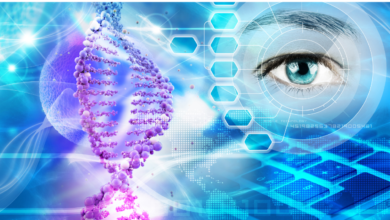200+ Genes Queries
How can adults with genetic diseases balance their work, family, and health responsibilities?

Adults with genetic diseases can balance work, family, and health responsibilities by:
- Developing a support network: Building a strong support network of family, friends, and healthcare professionals.
- Setting realistic goals: Setting achievable goals and prioritizing tasks to manage workload and stress.
- Seeking accommodations: Requesting accommodations at work or school to address any physical or cognitive limitations.
- Utilizing resources: Taking advantage of resources and support services available to individuals with genetic diseases.





